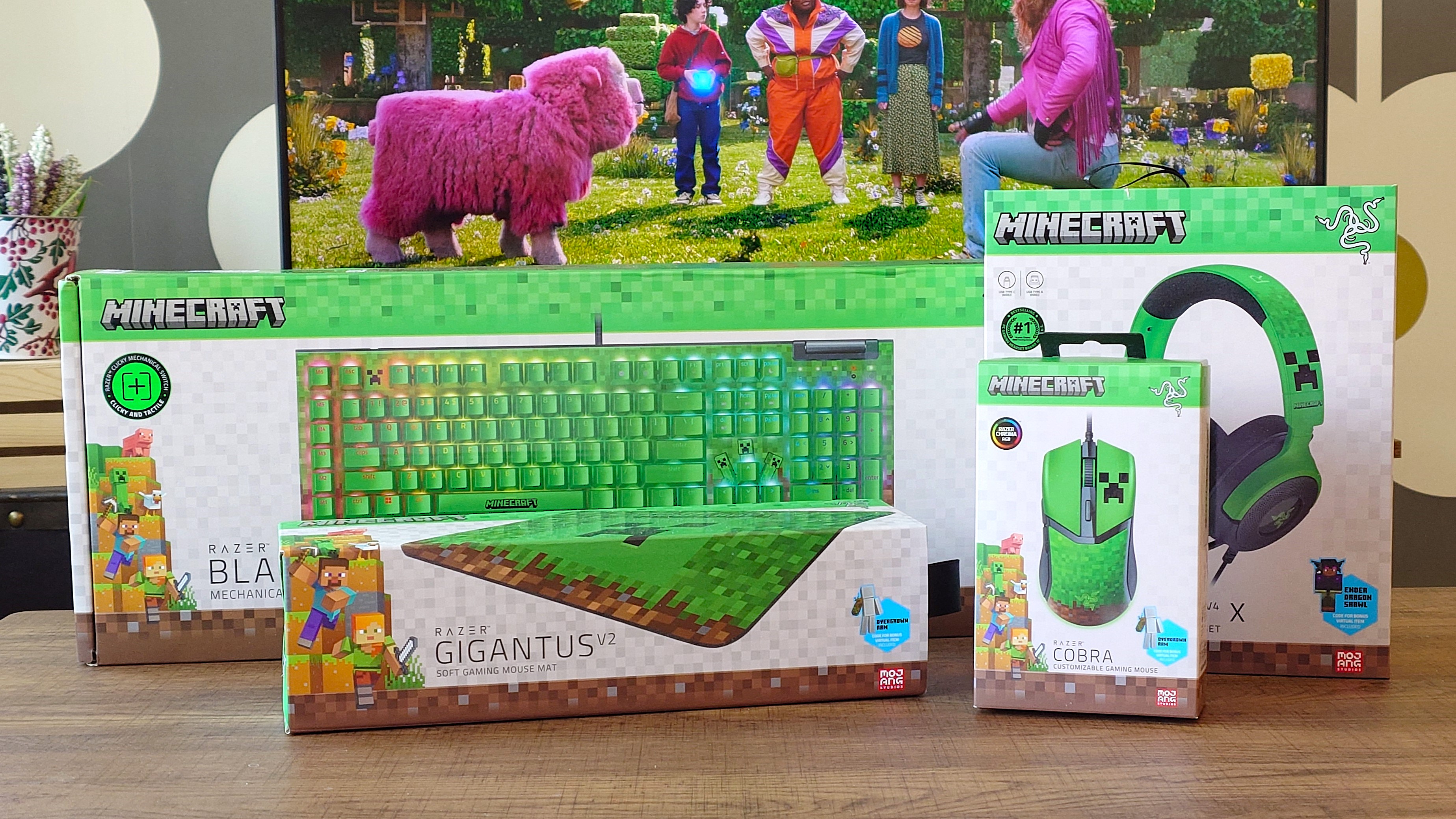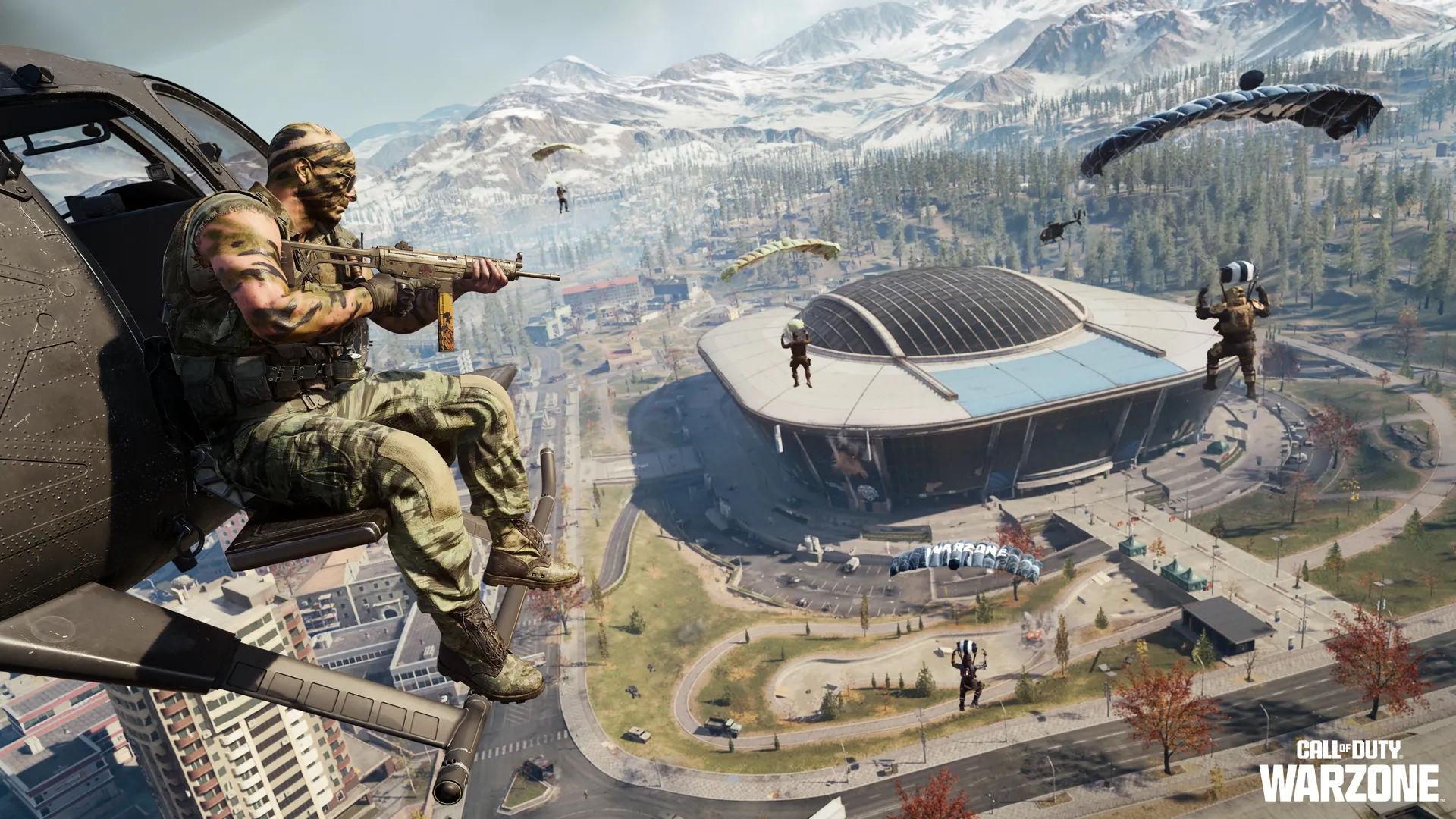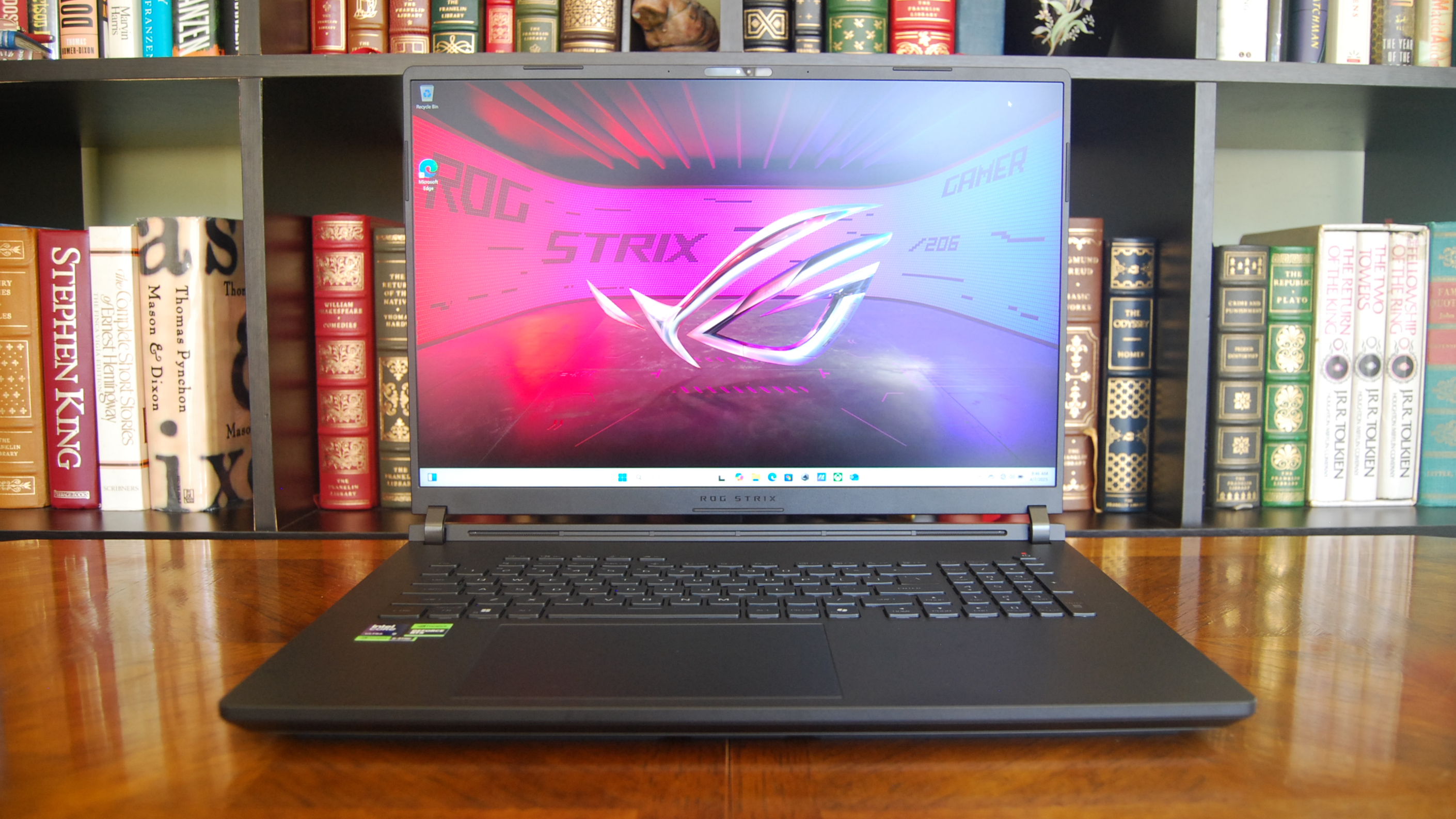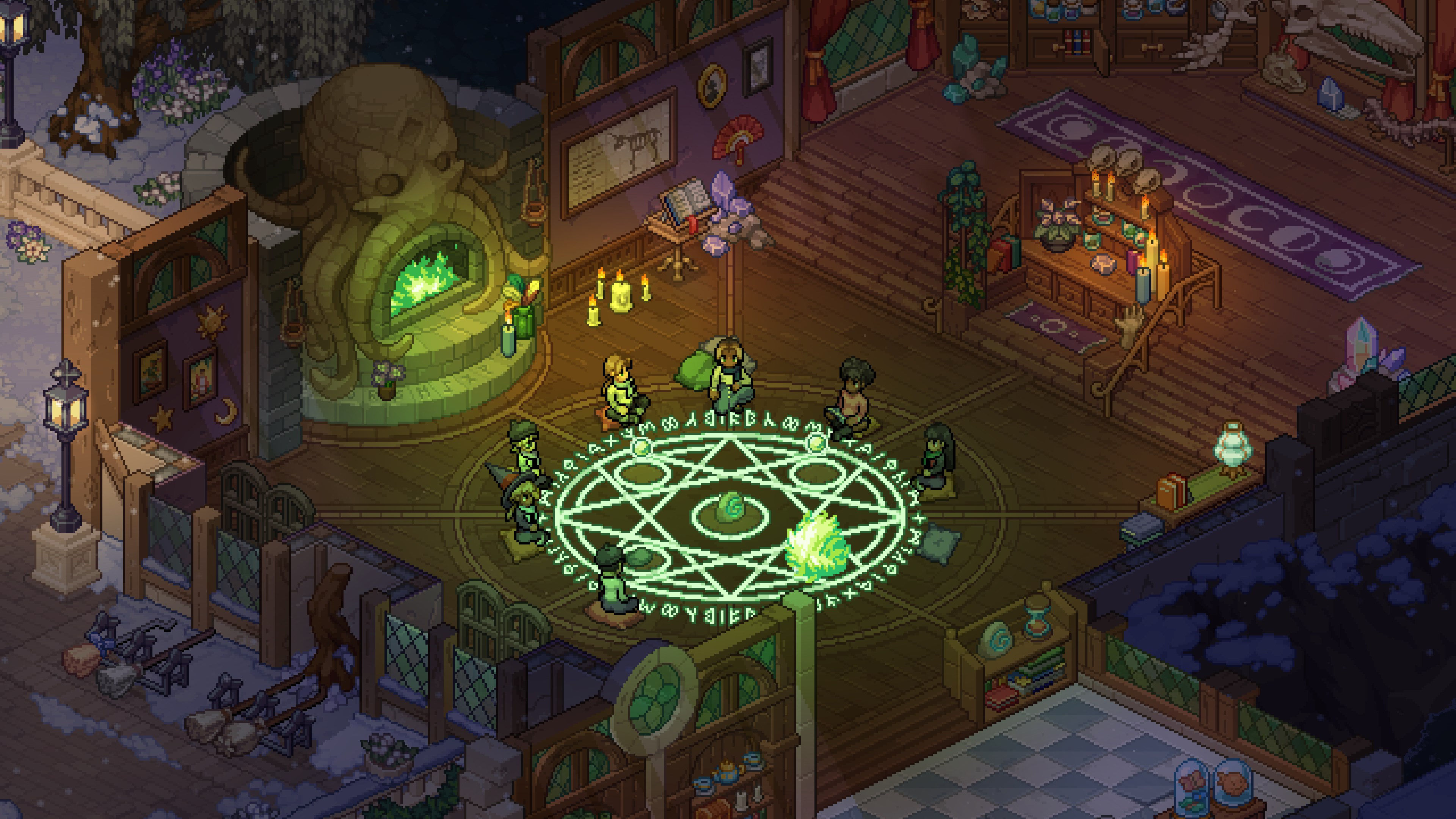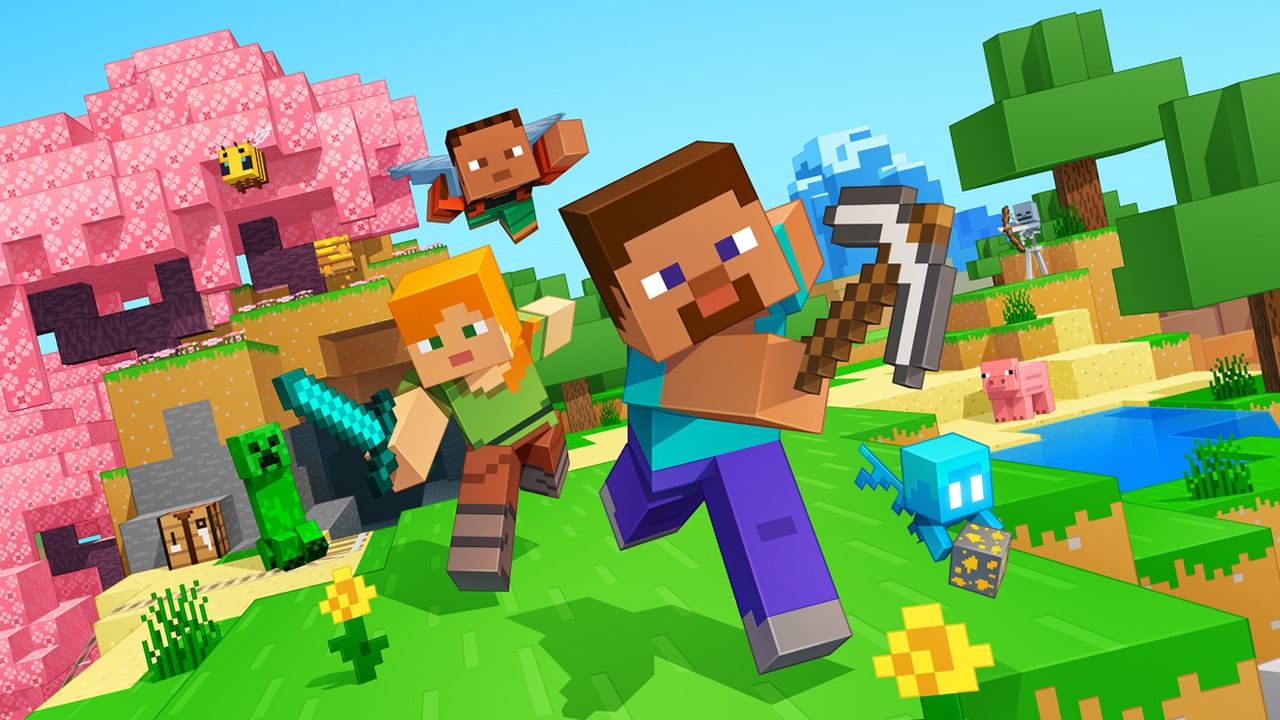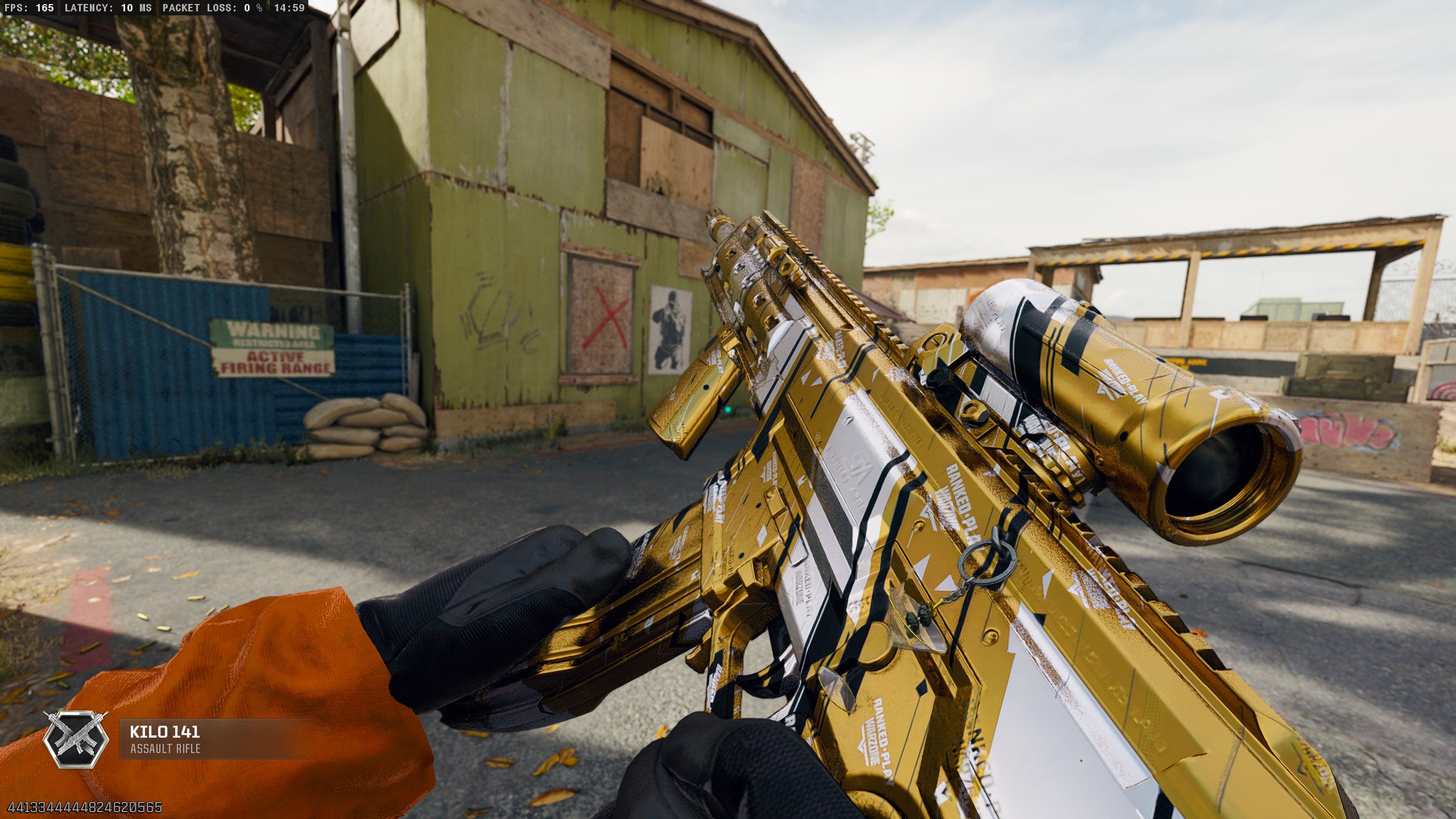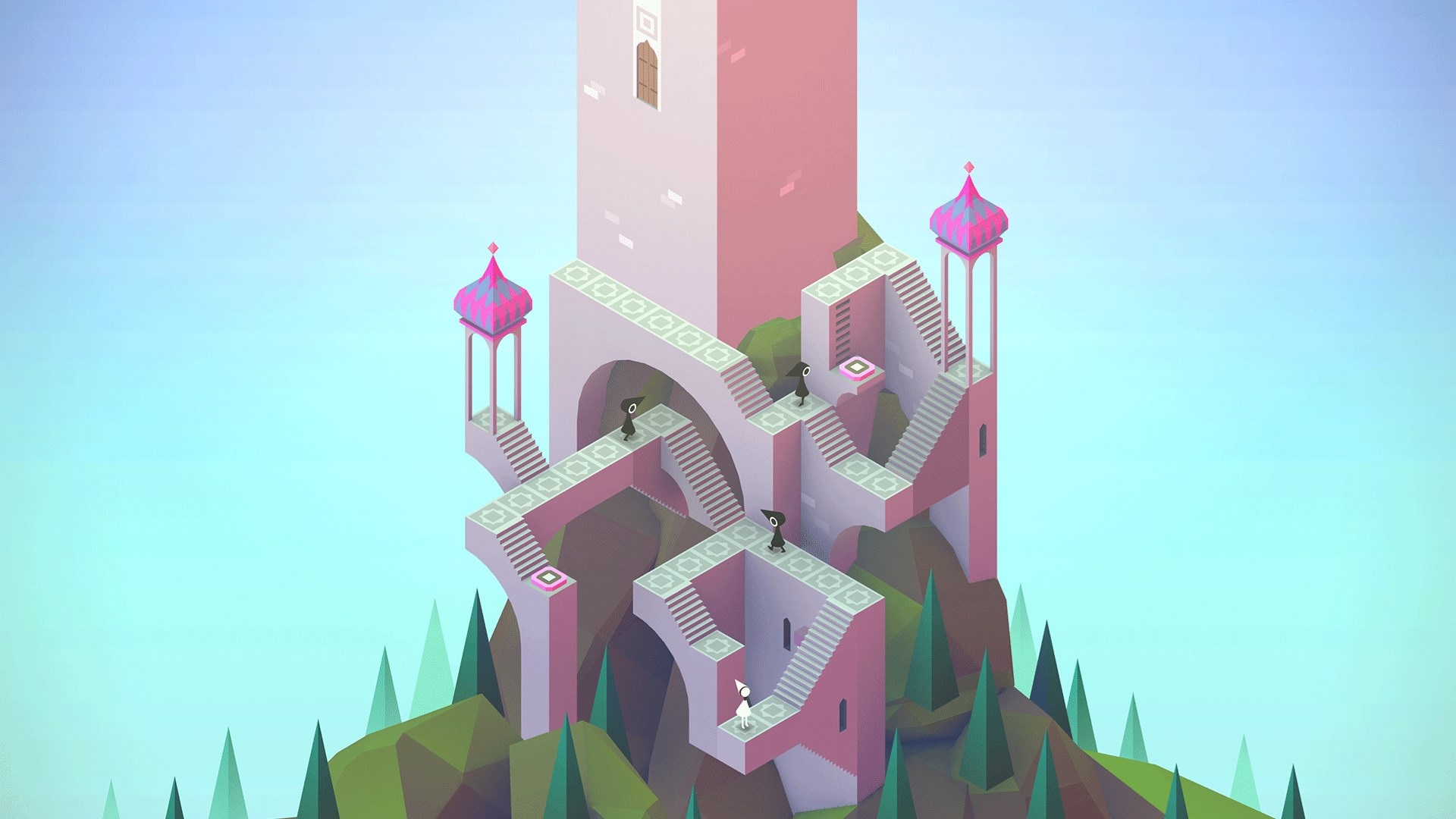When you purchase through links on our site, we may earn an affiliate commission.Heres how it works.
But that’s only one side of the coin.
I recently came across a musician who uses ChatGPT to co-produce music.
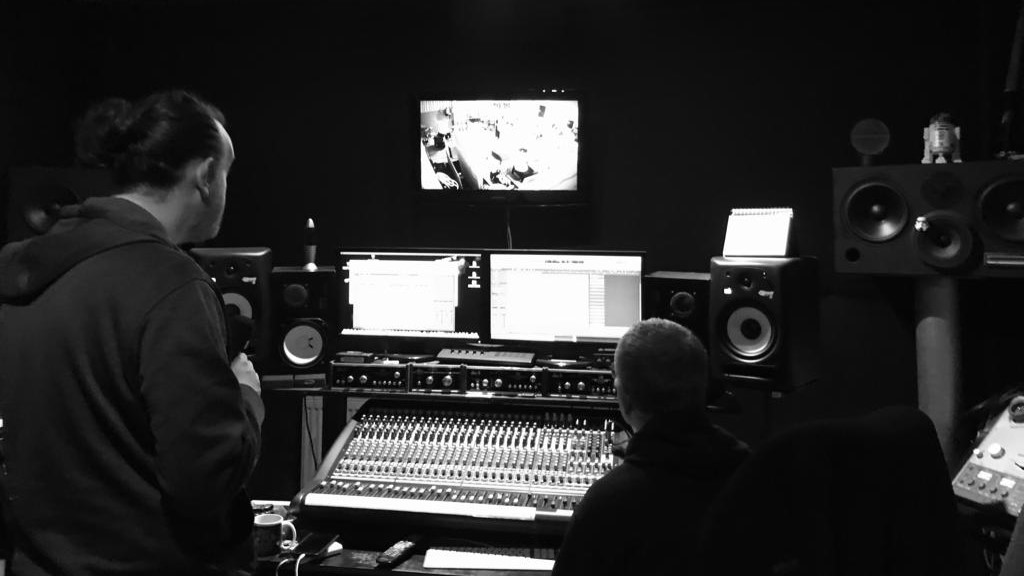
David Domminney Fowler in a music studio producing.
Fowler is a guitarist and singer in theAustralian Pink Floyd Show.
He’s been a producer and engineer since age 19.
Over the years, he’s recorded with Muse, Wilco Johnson, Phil Collins, and Ian Gillian.
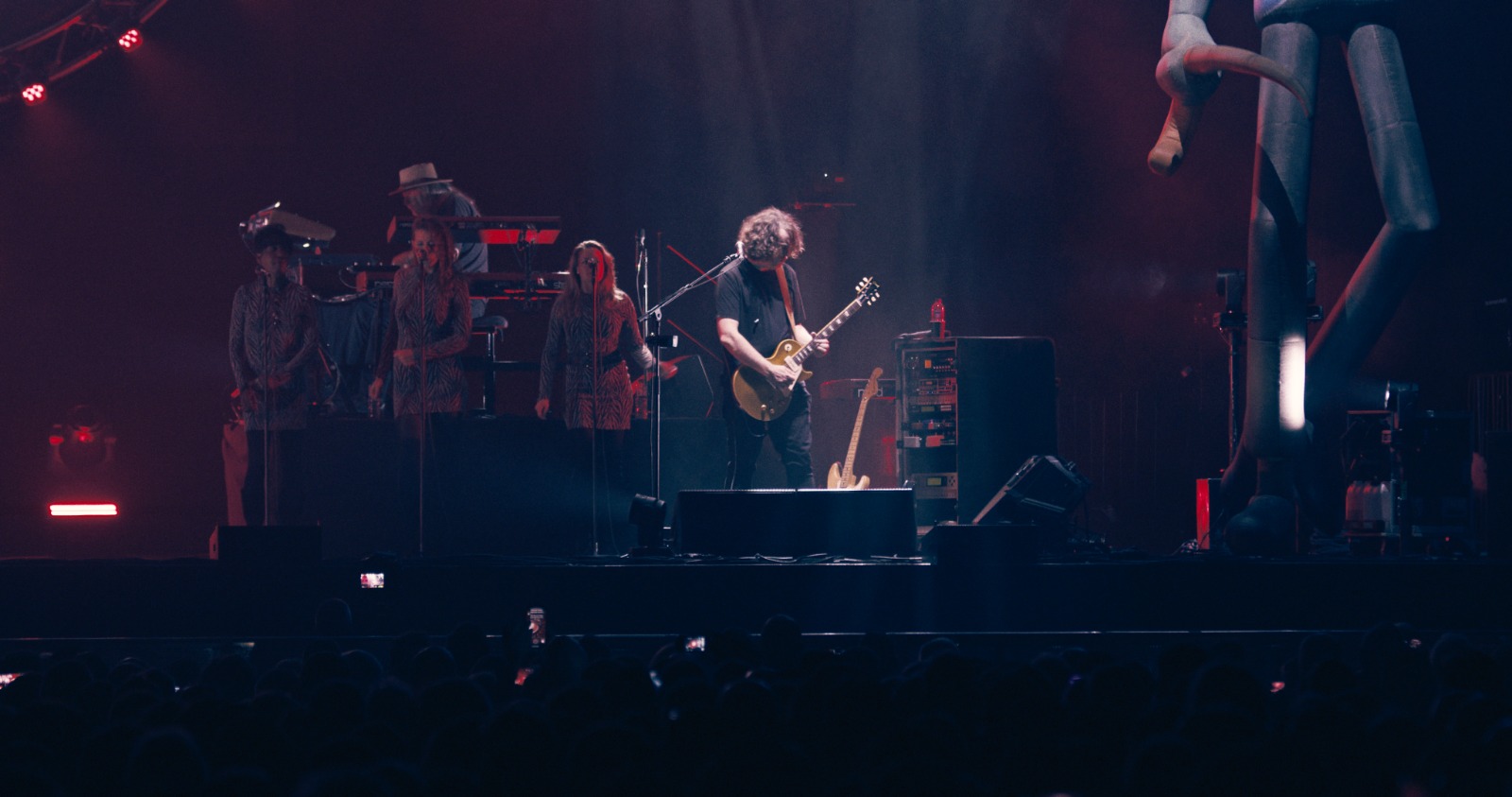
David Domminney Fowler plays guitar in several groups, including an Australian Pink Floyd cover band.
The combination of his passion for development and music created a unique opportunity to test out ChatGPT.
It’s just a function call after all."
You may be asking the same question I did.
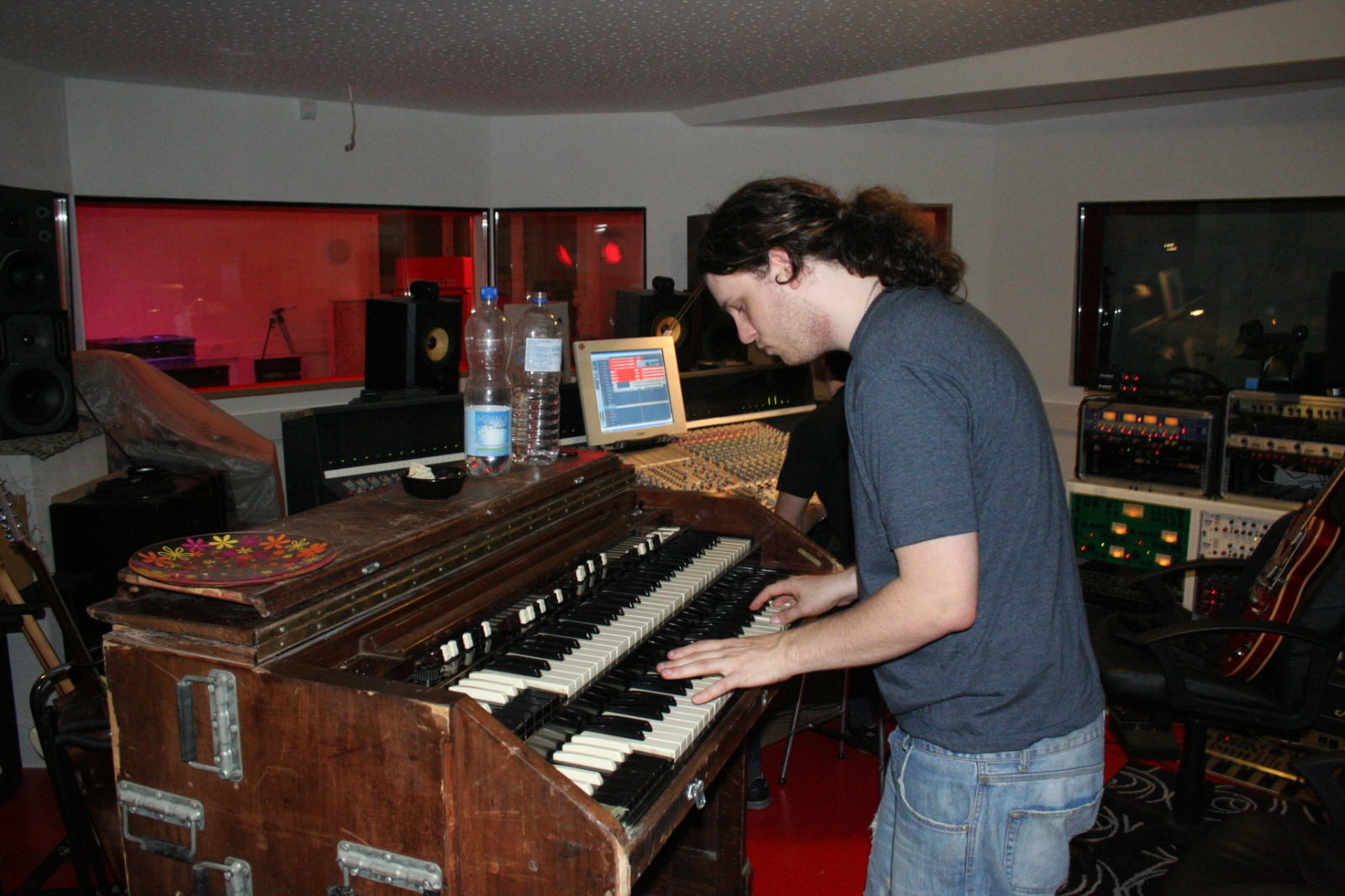
David Domminney Fowler has worked as a producer and engineer with several noteworthy musicians, including Muse, Wilco Johnson, Phil Collins, and Ian Gillian.
“ChatGPT doesn’t write sheet music.
How do you get it to create music?”
Getting to that point was a trial-and-error process:
“This is where establishing communication methods is important.
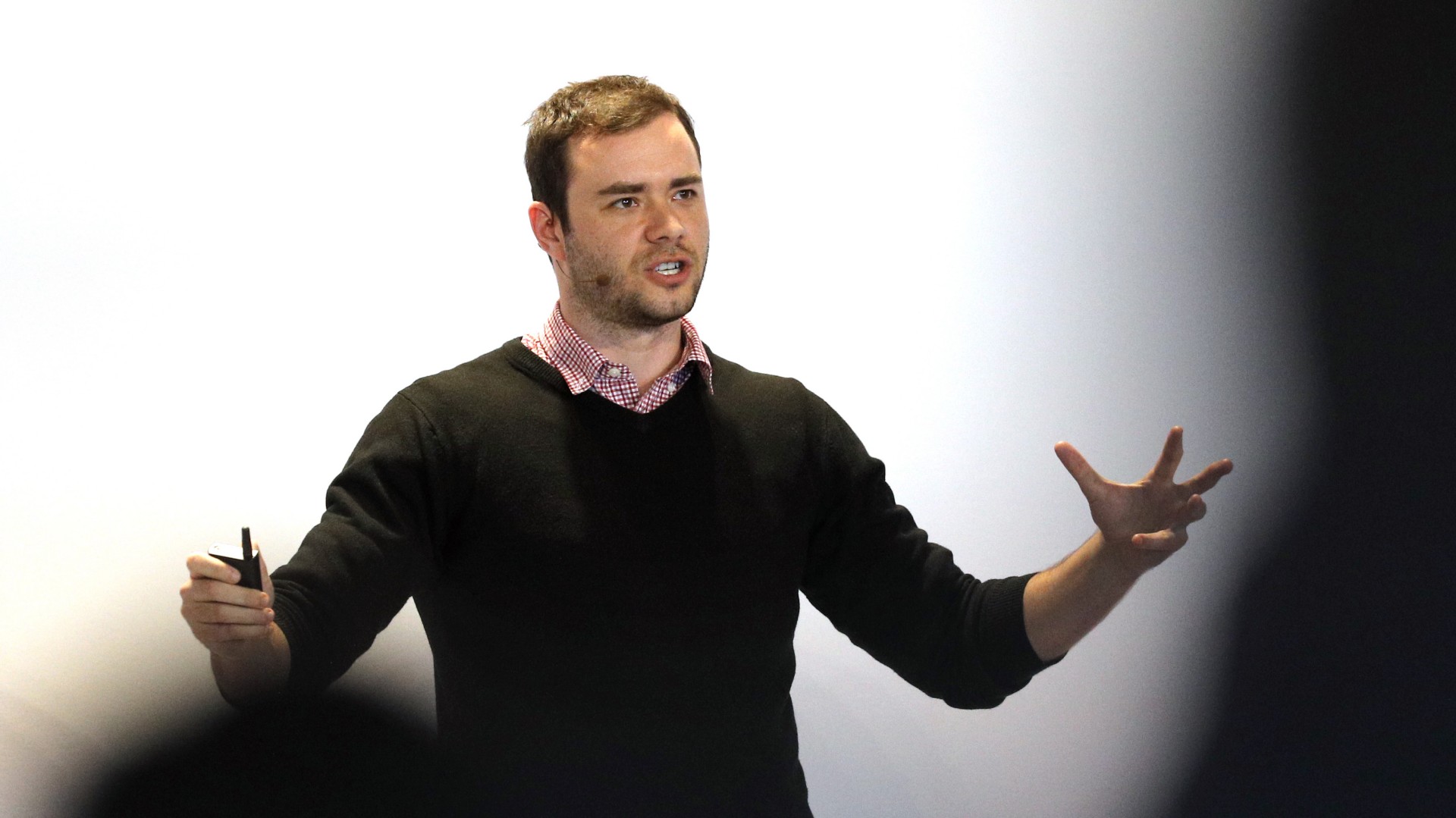
By copying the code / functions into ChatGPT it would know how to add chords and melodies etc.
Occasionally, ChatGPT will make a mistake like generating a 14-bar chord instead of a 16-bar chord.
This can be fixed by asking the bot to keep count of each bar.
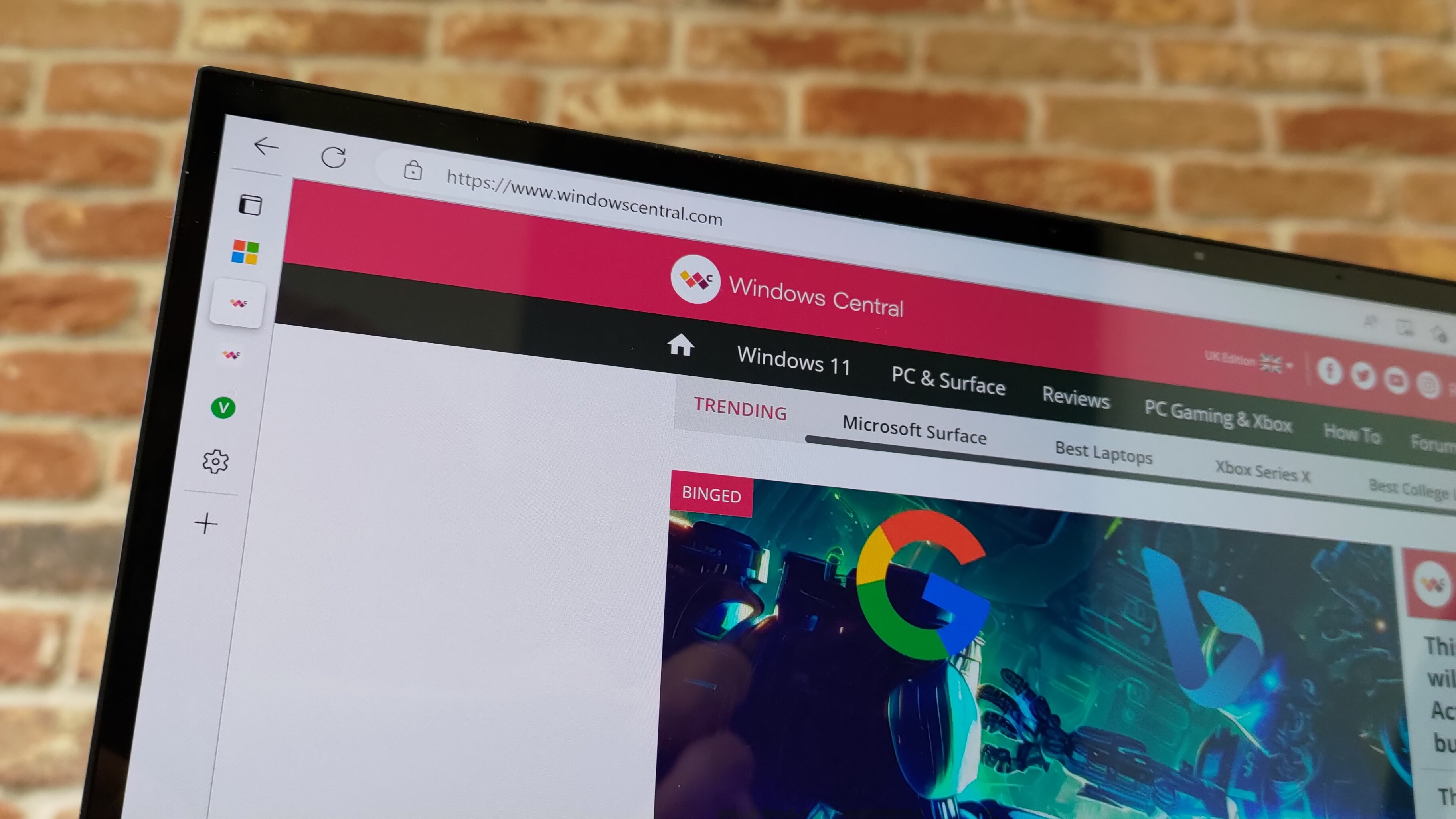
As many artists do, ChatGPT created a stage name for itself.
The bot called itself Ch@, presumably pronounced “chat.”
The first piece Ch@ co-produced with Fowler is called Euphoric Progression.
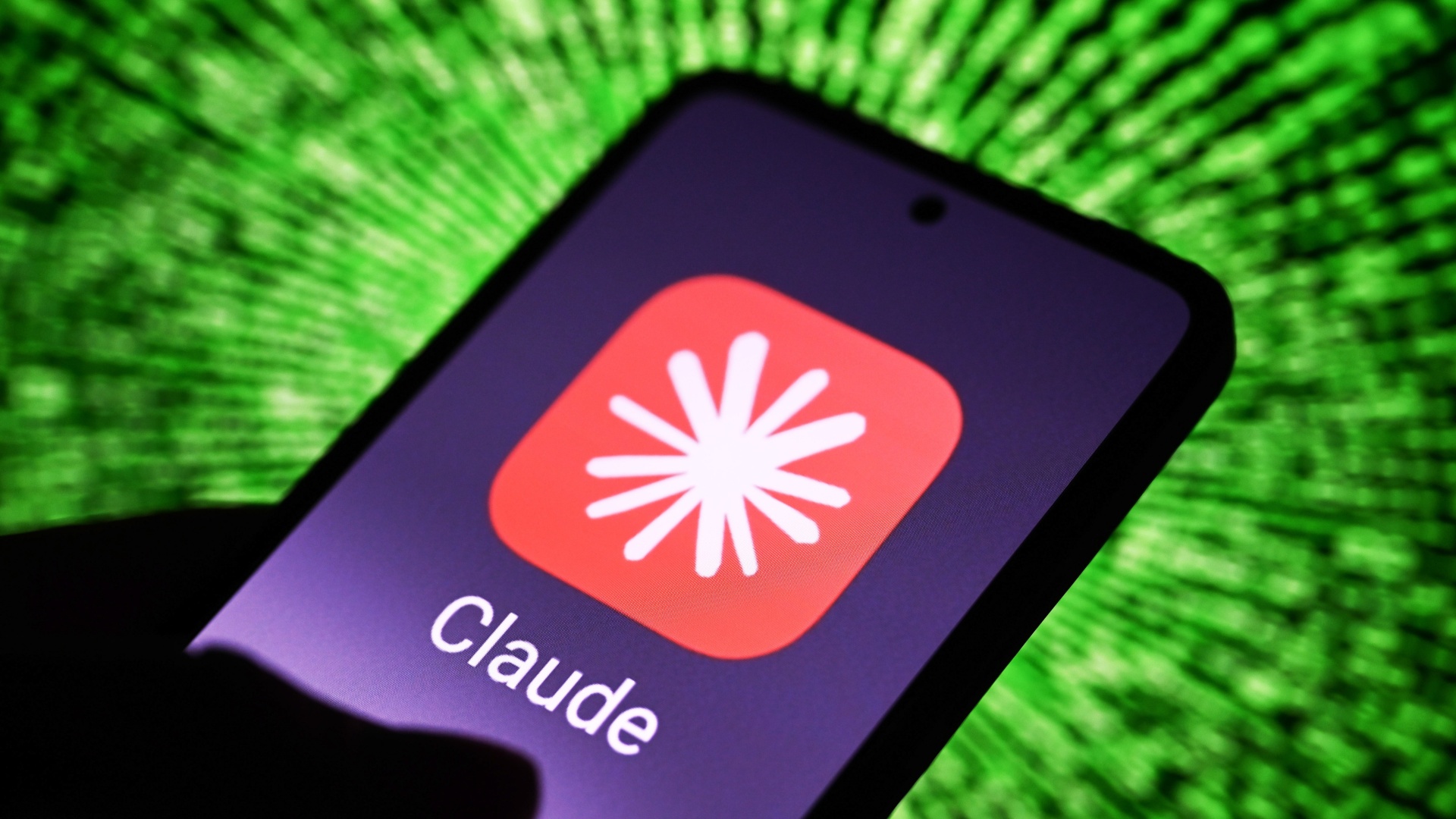
It’s a simple set of chord sequences.
The next step is to get human musicians to play music generated by ChatGPT.
Fowler’s second and third pieces are deep in development.
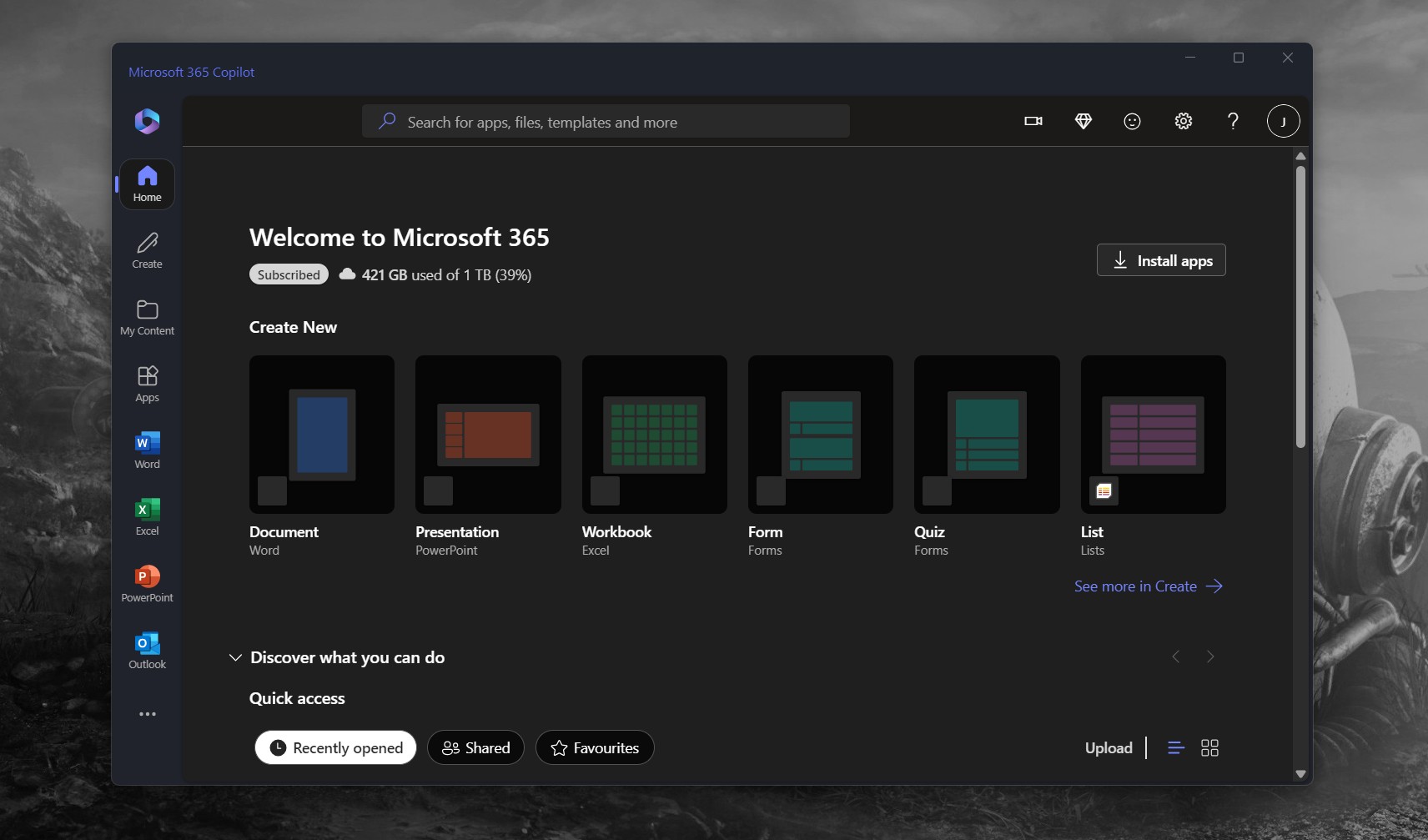
He also wants to use GitHub Copilot as an assistant engineer.
But what happens in the studio stays in the studio.”
